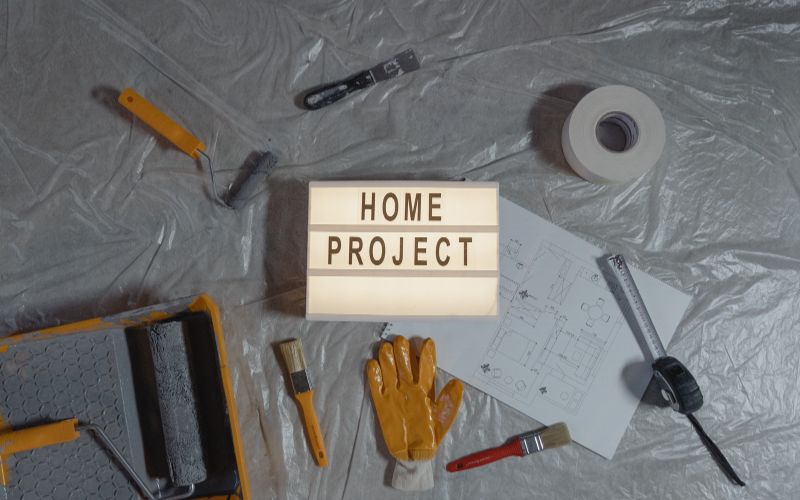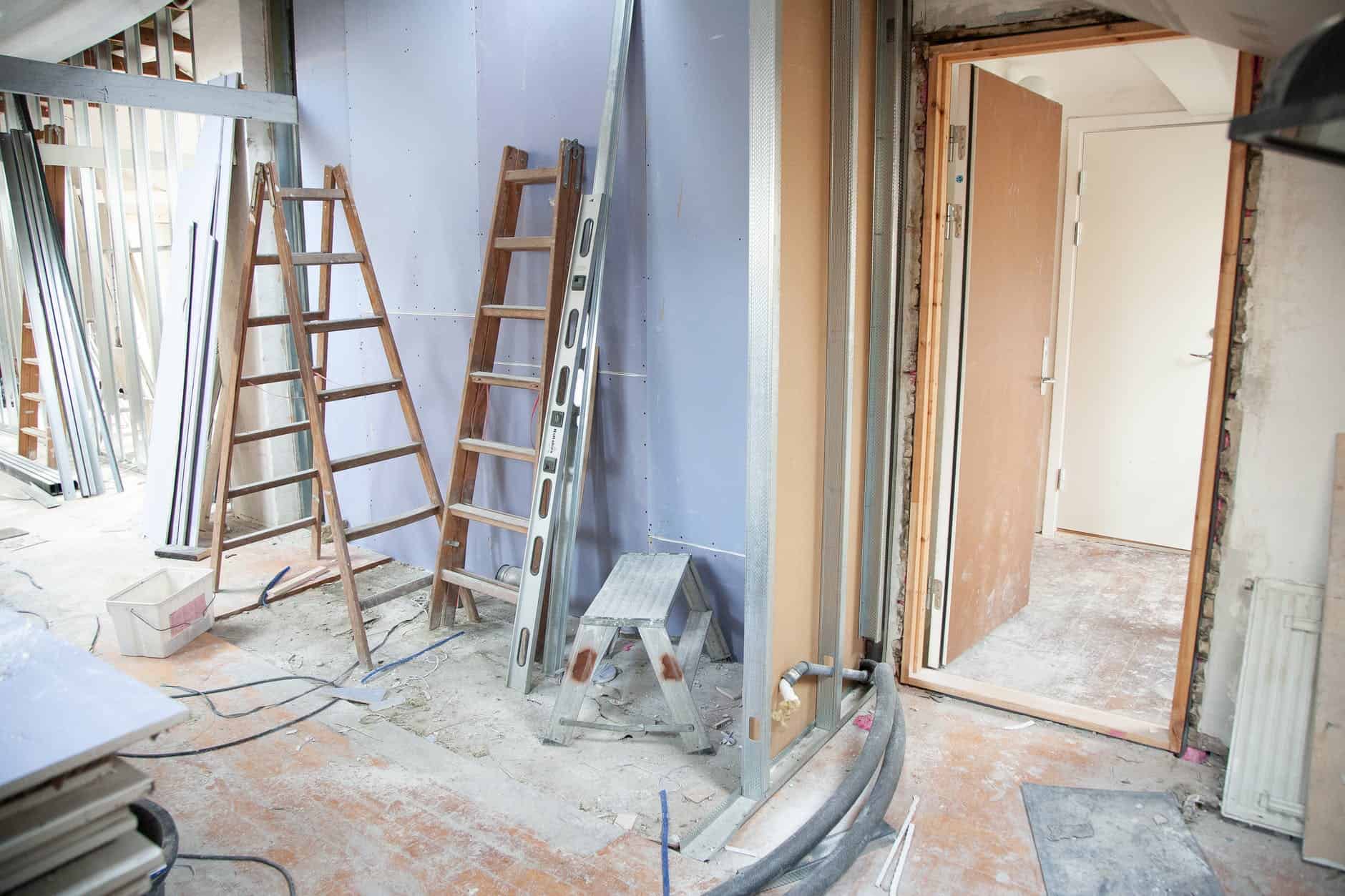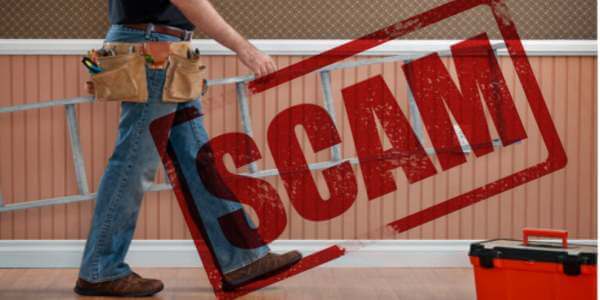The Sense for Decor Scam: Unraveling a Deceptive Home Improvement Scheme
Related Articles: The Sense for Decor Scam: Unraveling a Deceptive Home Improvement Scheme
Introduction
With enthusiasm, let’s navigate through the intriguing topic related to The Sense for Decor Scam: Unraveling a Deceptive Home Improvement Scheme. Let’s weave interesting information and offer fresh perspectives to the readers.
Table of Content
The Sense for Decor Scam: Unraveling a Deceptive Home Improvement Scheme

The allure of a beautiful, well-designed home is undeniable. It’s a desire that scammers exploit, preying on homeowners’ aspirations with deceptive home improvement schemes. One such scheme, often referred to as the "Sense for Decor" scam, has ensnared numerous individuals, leaving them with significant financial losses and unfinished projects. This article delves into the intricacies of this scam, examining its tactics, identifying warning signs, and offering guidance on avoiding becoming a victim.
Understanding the Modus Operandi
The "Sense for Decor" scam typically involves a group of individuals posing as legitimate home improvement contractors. They target homeowners with promises of stunning transformations, often at seemingly attractive prices. Their initial charm and professionalism can be disarming, making it difficult for homeowners to discern their true intentions.
Here’s a breakdown of the common tactics employed in this scam:
- Aggressive Sales Techniques: Scammers often use high-pressure tactics to convince homeowners to sign contracts quickly, leaving little room for due diligence. They may employ persuasive language, highlighting urgency and emphasizing the limited-time nature of "special offers."
- Unrealistic Promises and Guarantees: The scammers present extravagant visions, promising luxurious finishes and swift completion, all while underselling the true cost and complexity of the project. They may also offer guarantees that are impossible to fulfill, such as a lifetime warranty on materials or labor.
- Upfront Payments and Partial Completion: A hallmark of this scam is the demand for significant upfront payments, often exceeding the standard industry practice. Once the initial payment is secured, the scammers may begin work, but only partially complete the project, leaving homeowners with a half-finished mess and a hefty financial burden.
- Disappearing Act: After receiving the upfront payment, the scammers may disappear, leaving behind a trail of unfinished work and unanswered calls. They often switch phone numbers, change their business names, or relocate, making it nearly impossible to track them down.
Recognizing the Red Flags
While the "Sense for Decor" scam can be sophisticated, there are several warning signs that homeowners can heed to avoid falling prey:
- Lack of Proper Licensing and Insurance: Legitimate contractors are required to hold licenses and insurance. Scammers often operate without these credentials, leaving homeowners vulnerable to financial losses and legal liabilities.
- Unrealistic Pricing and Quotations: If the price quoted for a project seems too good to be true, it probably is. Be wary of contractors who offer significantly lower prices compared to their competitors, especially without a clear explanation for the discrepancy.
- Pressure to Sign Contracts Immediately: Legitimate contractors understand the importance of allowing homeowners time to research and compare options. If a contractor insists on immediate signing without allowing time for due diligence, it’s a red flag.
- Cash-Only Transactions: Reputable contractors accept various forms of payment, including checks and credit cards. Be suspicious of contractors who demand cash-only transactions, as this can make it difficult to trace funds and pursue legal action if the project goes awry.
- No Written Contract: A detailed, written contract is essential for any home improvement project. It outlines the scope of work, materials to be used, payment terms, and timelines. Be wary of contractors who refuse to provide a written contract or who offer vague, incomplete agreements.
Protecting Yourself from the Scam
- Thorough Research: Before hiring any contractor, conduct thorough research. Check online reviews, verify their licensing and insurance status, and contact the Better Business Bureau to see if any complaints have been filed against them.
- Multiple Quotes: Obtain quotes from multiple contractors, comparing their pricing, expertise, and proposed timelines. This allows you to establish a realistic baseline for the project’s cost.
- Detailed Contract Review: Carefully review the contract before signing. Ensure it clearly outlines the scope of work, materials, payment schedule, and completion date. Don’t hesitate to ask questions and seek clarification on any unclear terms.
- Staggered Payments: Avoid making large upfront payments. Instead, opt for staggered payments based on milestones, releasing funds only after the completion of specific phases of the project.
- Maintain Communication: Keep open lines of communication with the contractor throughout the project. Regularly check on the progress, discuss any concerns, and document all interactions.
- Know Your Rights: Familiarize yourself with your consumer rights and local regulations regarding home improvement contracts. This knowledge empowers you to understand your options and take appropriate action if necessary.
FAQs: Decoding the Deception
Q: How can I identify a "Sense for Decor" scam before hiring a contractor?
A: Pay close attention to the contractor’s behavior, pricing, and communication. Look for red flags like high-pressure sales tactics, unrealistic promises, pressure to sign contracts immediately, cash-only transactions, and the absence of proper licensing and insurance.
Q: What should I do if I suspect I’m being targeted by a "Sense for Decor" scam?
A: Trust your instincts. If something feels off, don’t hesitate to walk away. Research the contractor thoroughly, consult with trusted sources, and seek professional legal advice if you suspect fraudulent activity.
Q: What legal recourse do I have if I’ve been scammed?
A: You can file a complaint with the local police department, the Better Business Bureau, and the state attorney general’s office. You may also consider pursuing legal action to recover your losses, but this can be a complex and time-consuming process.
Tips for Avoiding the Trap
- Be Skeptical: Approach any unsolicited offers for home improvement with skepticism. Don’t let charm or persuasive language cloud your judgment.
- Consult with Experts: If you’re unsure about a contractor’s legitimacy or the details of a contract, seek advice from trusted professionals like architects, designers, or building inspectors.
- Trust Your Gut: If something feels wrong, don’t ignore your intuition. It’s better to err on the side of caution and walk away from a potentially fraudulent deal.
Conclusion: A Call for Vigilance
The "Sense for Decor" scam serves as a stark reminder of the importance of vigilance when dealing with home improvement projects. By understanding the tactics employed by scammers and recognizing warning signs, homeowners can protect themselves from financial losses and avoid the frustration of unfinished projects. Remember, a well-designed home is a dream worth pursuing, but it’s crucial to approach the process with caution, research, and a healthy dose of skepticism.




![Homewaydecor com Reviews - Is Homeway Decor Scam? [AUG 2021] - itisREVIEWED.com](https://www.itisreviewed.com/wp-content/uploads/2021/08/homewaydecor-1024x573.png)
/male-architect-drawing-improvements-on-housing-plan-at-construction-site--891274328-5acbae1318ba0100375f4920.jpg)


Closure
Thus, we hope this article has provided valuable insights into The Sense for Decor Scam: Unraveling a Deceptive Home Improvement Scheme. We hope you find this article informative and beneficial. See you in our next article!